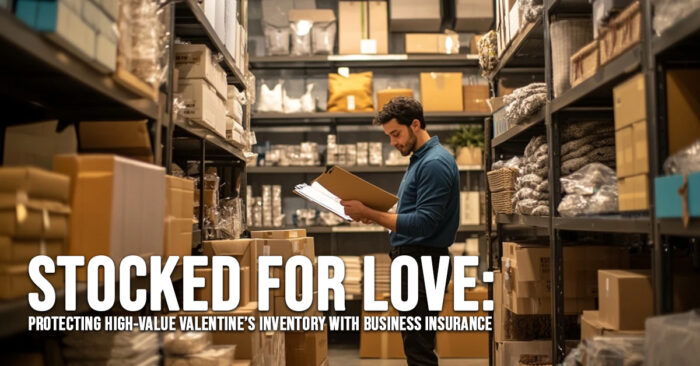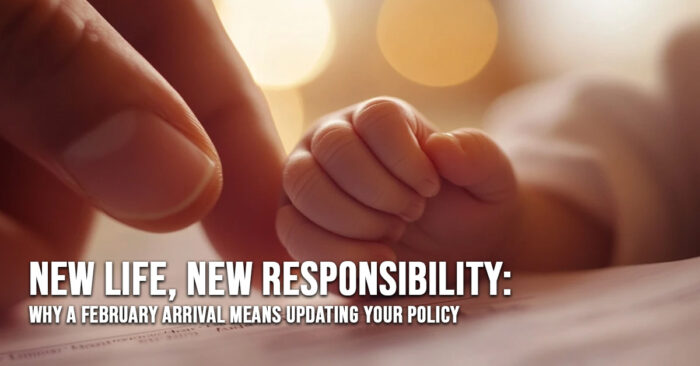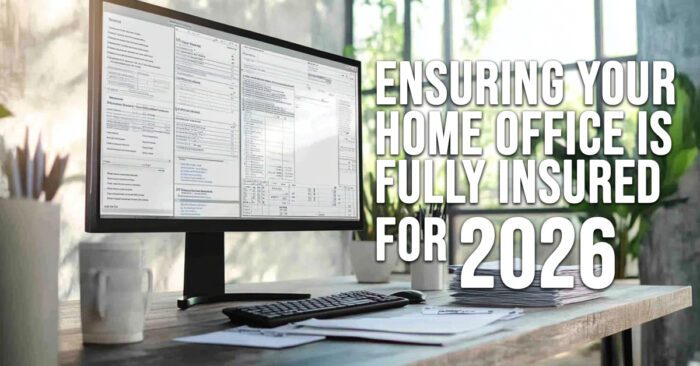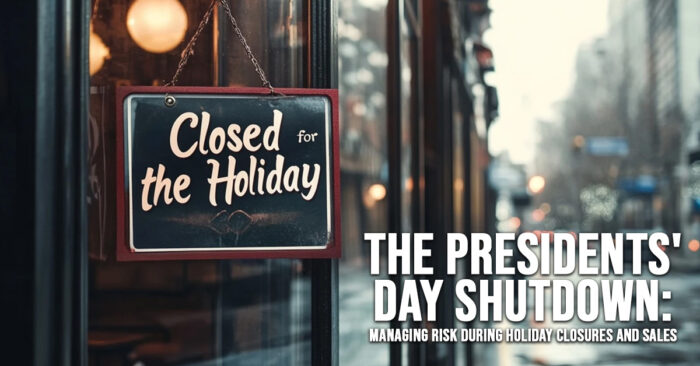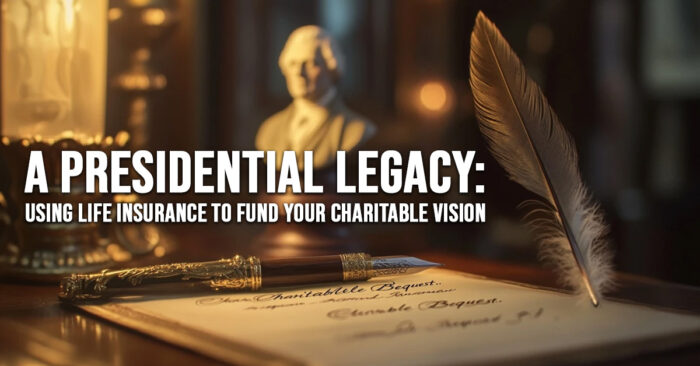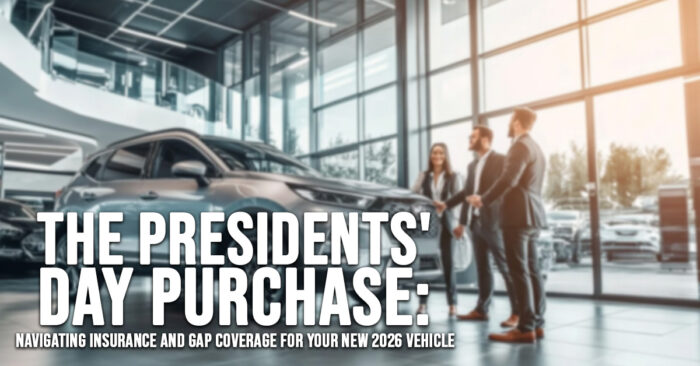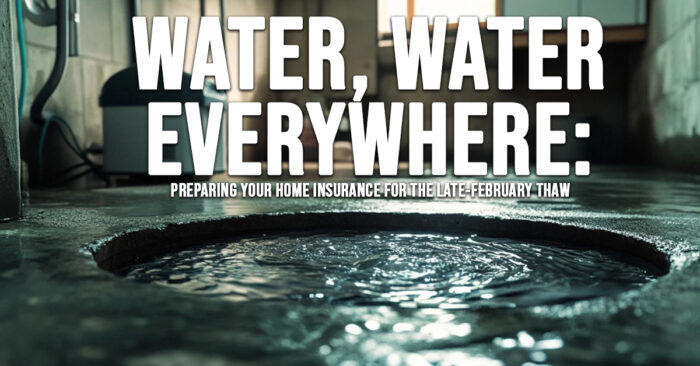Credit Card Responsibility
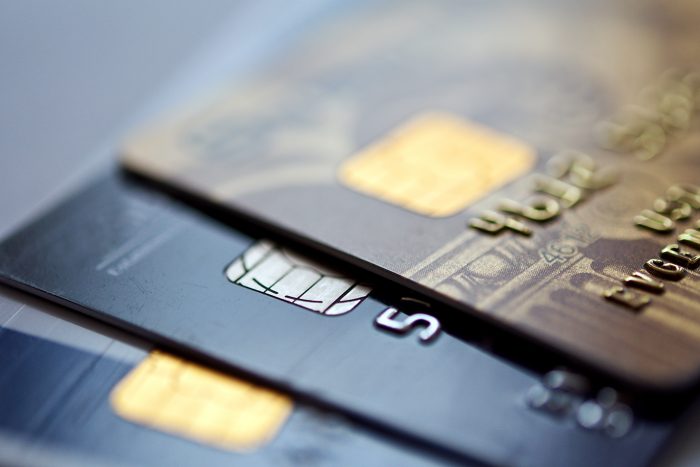
Credit Card Responsibility
Growing up with the advancement of technology has created a whole new species of people known as the Millennials. Millennials are just. . . different. Millennials do things their own way, which baffles every other generation.
Research shows that most millennials do not have a credit card. According to money.cnn.com, less than one third of millennials have a credit card.
Being exposed to debt has had an impact on the generation. Having friends or family in debt has made millennials extremely debt-conscious. While a good portion of millennials have student loan debt, it ends there for them. The idea of more debt is intimidating, preventing them from using a credit card.
However, credit cards are important–nearly essential for your life. Why?
● Building your credit is necessary to get accepted into a nice apartment.
● Your credit determines whether you qualify for financing on a new car.
● Your credit even determines what you pay for a new phone sometimes.
● Credit cards provide a short-term loan. Just in case.
● If you need a large loan, your credit determines whether you can get one or not, and determines your interest rate as well.
● Being responsible with your credit card will help increase your credit score, which can give you cheaper insurance rates.
Because credit cards are the best way to build your credit, millennials who do not have one should consider applying for one. Being responsible with your credit card is key to success–build your credit while avoiding further debt. Here are a few tips to follow to be responsible with your credit card.
1. If you’re debt-conscious, this should be easy for you–do not spend more than you can pay back.
2. When you can, pay back more than your monthly minimum.
3. Keep a close eye on your finances–know where your money is going, and know how much money is coming in. Stick to a strict budget.
4. The lower the fee, the lower the interest, the better.
5. Timing is everything. Set an alarm on your phone every month to remind yourself to make your payment. Write yourself a note and stick it on your fridge. Write a note on the back of your hand. Whatever works.
6. Set up Auto Pay, if there’s an option. Do not be late on a payment, this can negatively impact your credit score. Even if you’re just late one time.
7. Choose your payment date close to your pay-day, so you’re guaranteed to have enough money to pay it right away. You’ll never forget when payday comes, so it’s likely you’ll remember your credit card payment on that day as well.
Do you have questions about your insurance? Find an insurance agent near you with our Agent Finder
Search All Blogs
Search All Blogs
Read More Blogs
Shadow or Spring? The Quirky Science and Folklore of Groundhog Day 2026
Will he see his shadow? Dive into the history and humor of Groundhog Day 2026 and why we still trust a rodent with our weather forecasts.
Stocked for Love: Protecting High-Value Valentine’s Inventory with Business Insurance
Is your Valentine’s stock protected? Ensure your business insurance accounts for the massive inventory surge happening in early February.
New Life, New Responsibility: Why a February Arrival Means Updating Your Policy
Welcoming a new family member this February? It’s time to move life insurance to the top of your to-do list to ensure your child’s future is secure.
Delivering Love: The Insurance Risks of Valentine’s Week Gig Work
Delivering flowers or chocolates for extra cash this Valentine’s? Make sure your car is actually insured for delivery work before you hit the road.
Tax Prep & Protection: Ensuring Your Home Office is Fully Insured for 2026
Prepping your taxes? Don’t forget to check your home office insurance. Your standard policy might not cover your professional gear or liability.
More Than Just a Sale: The Fascinating Evolution of Presidents’ Day
Why is Presidents’ Day on a Monday? Explore the history, the politics, and the trivia behind our mid-February celebration of national leadership.
The Presidents’ Day Shutdown: Managing Risk During Holiday Closures and Sales
Closed for the holiday or open for a sale? A business guide to managing liability, employee pay, and property security during Presidents’ Day weekend.
A Presidential Legacy: Using Life Insurance to Fund Your Charitable Vision
What will your legacy be? Learn how to use life insurance to make a significant charitable impact this Presidents’ Day without depleting your current savings.
The Presidents’ Day Purchase: Navigating Insurance and Gap Coverage for Your New 2026 Vehicle
Buying a new car this Presidents’ Day? Make sure your insurance keeps up. Essential tips on Gap coverage and new vehicle replacement riders.
Water, Water Everywhere: Preparing Your Home Insurance for the Late-February Thaw
Is your basement ready for the thaw? Learn why standard home insurance doesn’t cover sump pump failure and how to add the right protection this February.


